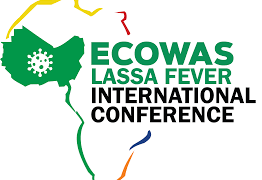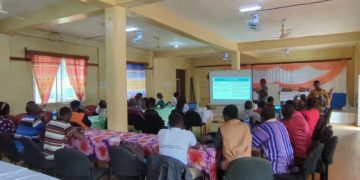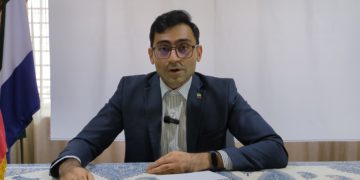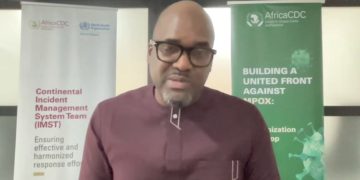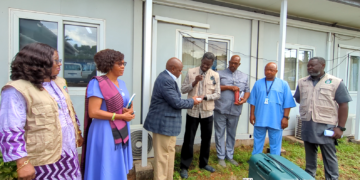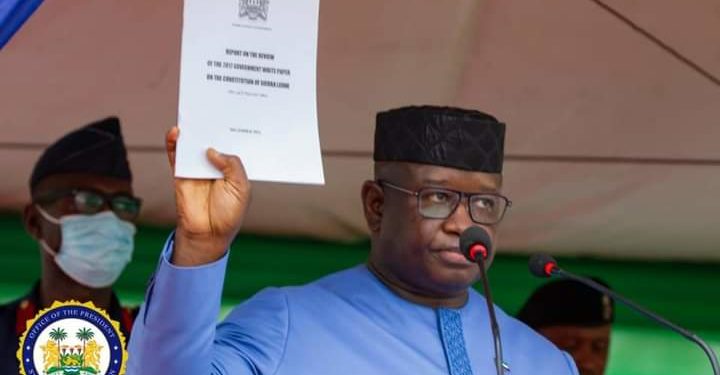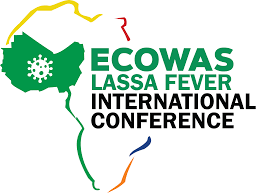The Sierra Leone government has released the much-anticipated White Paper on the review of the 1991 Constitution, five years after the last failed review process ended.
According to the document presented by President Julius Maada Bio at a ceremony at the presidency on Thursday, the government has accepted key major recommendations, some of which he said had already been implemented as part of ongoing reforms by his administration.
Efforts to review this constitution has been ongoing since the early 90s, when the country’s eleven years civil war was raging. The issue featured in negotiations seeking to restore peace in the country.
The post-war Truth and Reconciliation Commission (TRC) also recommended it.
After the end of the war, two attempts were made, first by late President Ahmad Tejan Kabbah, who set up the Dr. Peter Tucker Constitutional Review Commission. It submitted its report in 2008, when a new government under President Ernest Bai Koroma was already in office.
The Koroma administration shelved that report only to set up a fresh review process in 2013, under the leadership of the late Justice Edmond Cowan. The recommendations from that process too were shelved.
As opposition leader, Bio promised to review the document.
And on Thursday, he said his commitments to fulfilling all his promises were illustrated by his proactive move in the series of reforms in the last four years.
“When I promised a new direction for our nation, I did so after much thought and reflection on how we could get it right again as a nation,” Bio said in a statement before launching the document.
“Rather than shy away from the hard-hitting recommendations of the Truth and Reconciliation Commission as my predecessor did, I have actively implemented them because I believe that those governance reforms are in the best interests of this nation,” he added.
According to the president, working with the legislature, judiciary, development partners, and civil society, his government implemented over half a dozen of the key governance and legislative imperatives outlined in the TRC report.
United Nations Resident Coordinator, Dr Babatunde Ahonsi, spoke about the importance of Thursday’s event for the future of Sierra Leone and its democratic consolidation, peacebuilding and state-building processes.
Dr Ahonsi, while commending the President, said the event represented the conclusion of the initial phase of the review process and the opening of a new chapter.
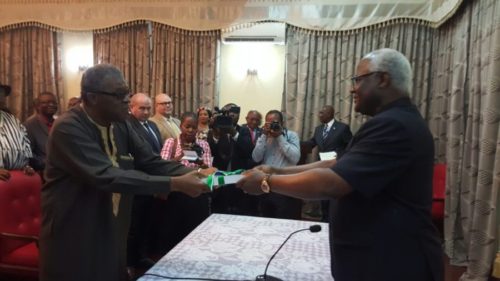
at State House on January 24, 2017. Image, Sierra Leone Telegraph
“Today’s launch is a fulfilment of the pledge made by Sierra Leone during the Universal Periodic Review on Human Rights in May 2021 that it will finalise the Constitutional Review Process,” the UN rep said, pledging his country team’s commitment to help develop the country’s capacity in ensuring that the process is “broadly consultative and fruitful, while leaving no one behind.”
Details of the report show that while some key recommendations were accepted by the government, others were rejected. For example, a recommendation by media rights campaigners for freedom of expression to be made an absolute right was rejected, with the government saying that an existing provision on same was balanced and adequate. The government also rejected a proposal to protect freedom of assembly and association. It called for additional paragraphs to confer on unionists and employers and employers’ organizations collective bargaining powers, as well as legislation guaranteeing security of tenue for union members.
One important recommendation that was accepted is the demand to separate the office of Attorney-General from the Justice Ministry. The government further proposes to cut down the age eligibility from 20 years to 15 years for the Attorney-General position.
Dr Abass Chernor Bundu, Speaker of Parliament, recounted the many attempts by past the governments to amend the Constitution, which he acknowledged proved “difficult and impossible.” But he noted that it was up to Sierra Leoneans to maintain “unflinching fidelity” to the 1991 Constitution until a new one is enacted.
Thursday’s occasion was witnessed by representatives of the diplomatic community, members who served on the review process, and representatives of political parties, parliamentarians, and other interest groups.
The civil society was a major force behind efforts to get the rekindle the review process. Speaking on behalf of this constituency, Emmanuel Saffa Abdulai outlined the “invaluable role” civil society played and continue to play in the process.
“Many people have described a constitution as a sacred set of laws by which a county should be governed. I agree, but I wish to add that a constitution is not only sacred, it is also the foundation of any democratic nation state,” he said.
Abdulai explained that the constitution is like the foundations of a building which, if weak, it will just be a matter of time for it to collapse.
“That is why – throughout this process- civil society actors have reminded the Government and people of Sierra Leoene about the need to eschew partisanship and personal interests and focus on what’s good for our country simply because we generally make laws not to promote or protect the interest of a few people but the wider society,” he said.

